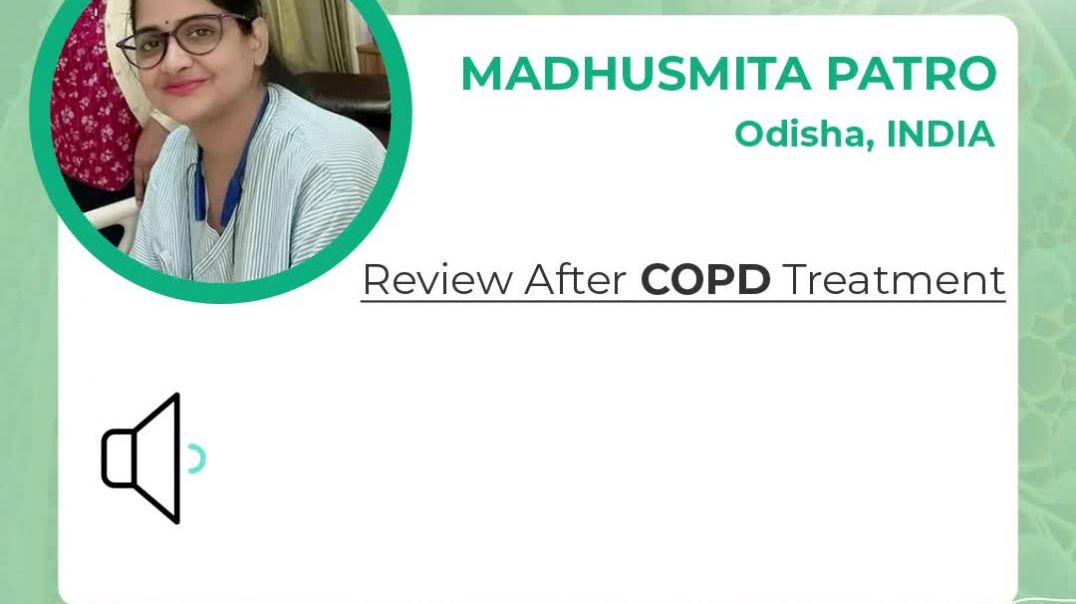Understanding Pediatric Low-Grade Glioma Types & Treatments
Pediatric low-grade gliomas (pLGG) are the most common type of brain tumor in children, with around 1700 cases diagnosed each year. Although these tumors grow and spread more slowly than high-grade tumors, half of the children who undergo surgery will end up relapsing and require additional treatments.
If your child has been diagnosed with pLGG, having a better understanding of this disease can help you make informed decisions about your child’s journey from diagnosis through survivorship. In our most recent webinar supported by Day One Biopharmaceuticals, Dr. Tab Cooney, the Medical Director of Day One Biopharmaceuticals, and the Pediatric Brain Tumor Foundation came together to educate the community about common types of pLGGs and treatments and have an opportunity to ask questions.
Learn more about upcoming webinars and view recordings of past webinars at https://curethekids.org/webinars/.
#EndChildhoodCancer #plgg #childhoodcancer
━━━━━━━━━━━━━
Like 👍, Subscribe ❤️, and ring the 🔔 Bell 🔔 to receive notifications for new videos and updates from the Pediatric Brain Tumor Foundation.
━━━━━━━━━━━━━
💗 CONNECT WITH PBTF ONLINE:
🌐 Website: http://www.curethekids.org
👍 Facebook: https://www.facebook.com/curethekids
🐦 Twitter: https://twitter.com/pbtf
📷 Instagram: https://www.instagram.com/pbtf_events
💻 LinkedIn: https://www.linkedin.com/company/pedi...
🎮 Discord: https://discord.gg/fPucr3u
━━━━━━━━━━━━━
No one should have to face a child's brain tumor diagnosis alone. The Pediatric Brain Tumor Foundation is here for you with resources and programs to navigate every stage of the journey. If you or a family you know needs help, contact our Family Support team today at familysupport@curethekids.org and 800-253-6530.























SORT BY-
শীর্ষ মন্তব্য
-
সর্বশেষ মন্তব্য